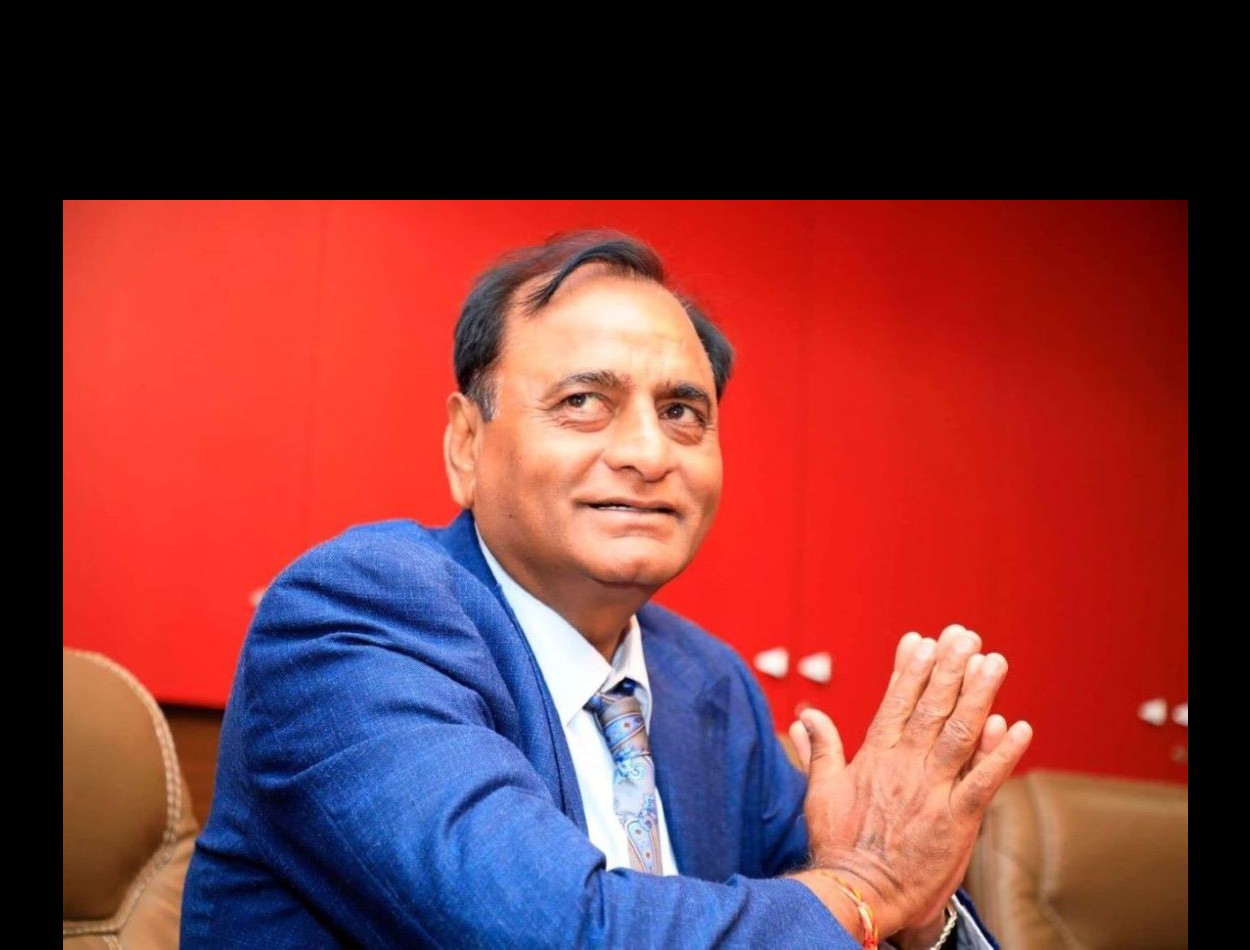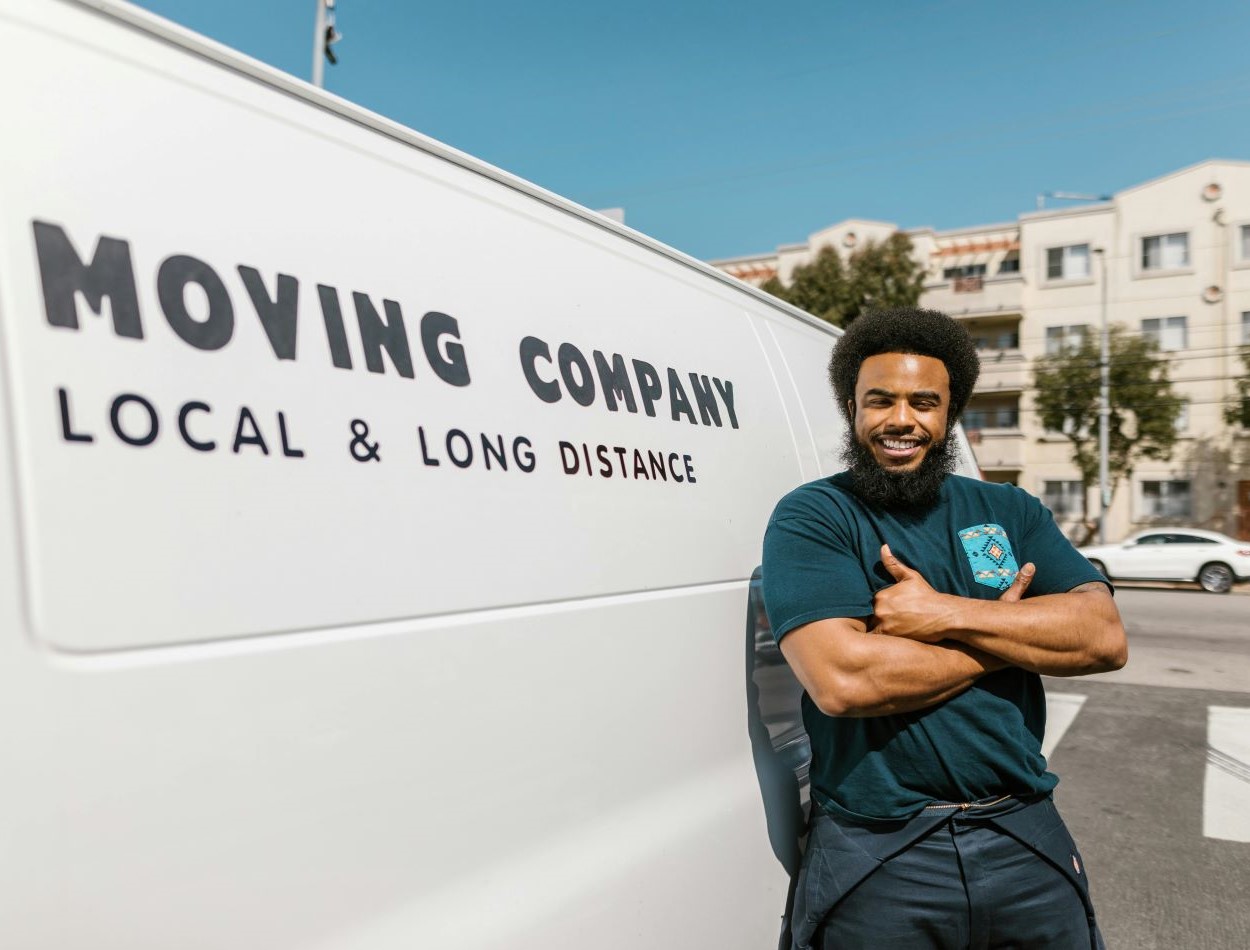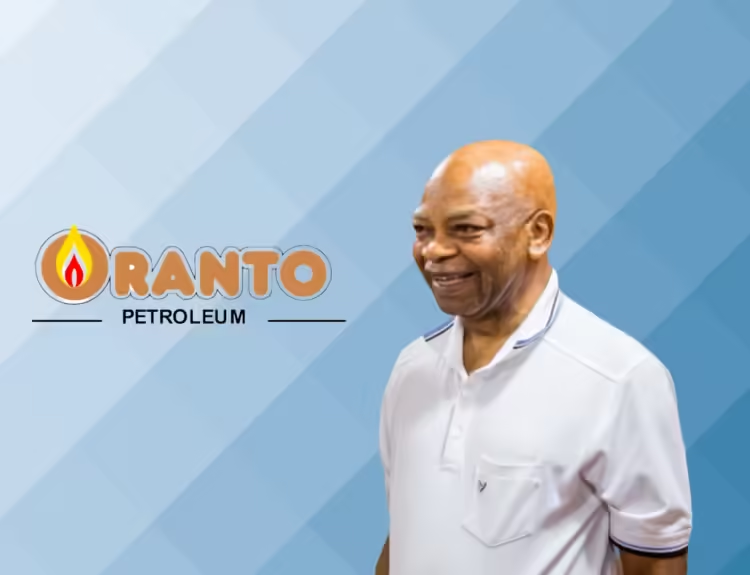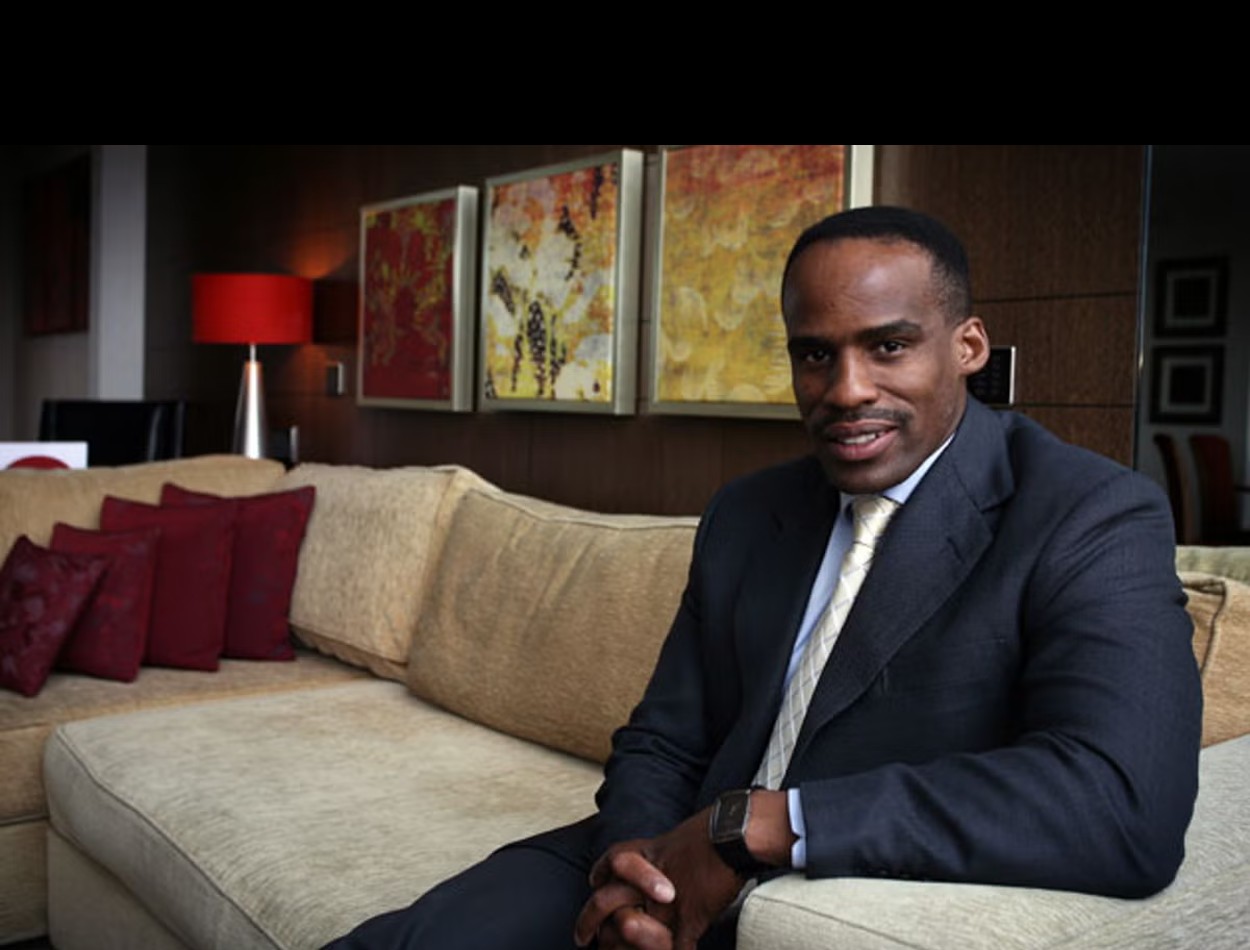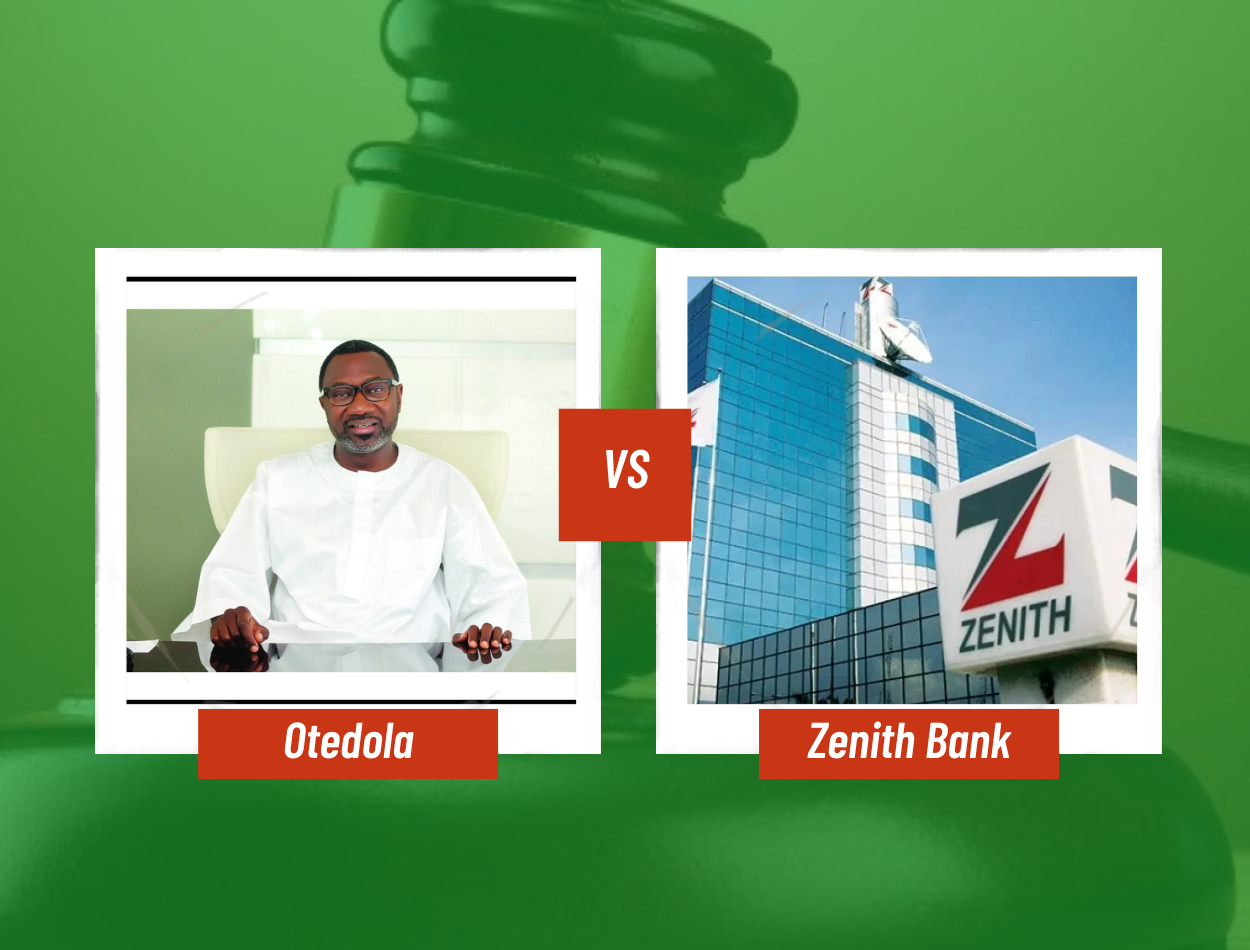Kenya’s industrialist Narendra Raval recently kicked a firestorm of criticism over his remarks that President William Ruto should rule for 25 years and wishes he live up to 100 years.
“He loves this country so much that I do not have words to thank him. [May] God give him 100 years of life. I wish we have this president for at least 25 years; we will change this country,”
the tycoon said during the commissioning of a clinker plant in West Pokot, northwestern Kenya.
For starters, Kenya’s constitution allows a president to rule for two terms of five years each.
And because the country’s 2010 constitution came through blood and sweat, any attempt to dramatically change the political structure would attract opposition.
Raval, popularly known as Guru, is an Indian-Kenyan with interests in steel and cement, the products to drive Ruto’s controversial affordable housing programme.
In Africa, it’s common for billionaires to court politicians for favours, and often than not enter backdoor deals that even lead to the loss of taxpayers’ funds.
Guru, in multiple interviews, has painted a picture of some sort of grass to grace–rising to the top without any political wheeler-dealing that has convoluted Kenya’s political and business spheres.
By most measures, Raval, or Guru, as you would like to call him, ranks among the most successful entrepreneurs in Kenya with his companies raking in annual revenues of $650 million.
To put this into context, this is more than even some of the listed companies on the Nairobi Securities Exchange.
According to business magazine Forbes, he has an estimated net worth of $500 million, placing him well in the top 50 of Africa’s wealthiest.
But the molly-coddling with Ruto has raised questions about how the billionaire has built his empire.
In a country where politics and business and intertwined, observers now say that the billionaire might be behind the controversial affordable housing scheme which has seen the government introduce a new levy, much to the opposition from workers.
Last year, the Ruto administration increased duty on steel and clinker imports, arguing that the move was meant to protect local industry.
However, Raval’s competitors have claimed that the move would give the cement and steel tycoon an undue advantage.
Priest assistant in Kisumu
The 62-year-old tycoon came to Kenya to serve as an assistant to a priest in a Temple in Kisumu, a lakeside city in Western Kenya.
He was born in Gujarat, India in 1962 to parents of the Brahmin Hindu caste system–came into the country as a teenager, got married in 1982 to a doctor working in Kenya abandoned his priestly calling, and started a business.
The industrial behemoth that is Devki Group with operations in East and Central Africa has been built over four regimes. It was founded in 1986, during the sunset years of a one-party system.
“At a very young age, I was working as a Temple assistant in a Swaminarayan temple. In 1978, I was allowed to travel to Kenya to work in a temple in Kisumu, and being a young man who was eager to travel, I took the opportunity. I was a teenager at the time and I was getting an allowance of $50 for my work in the Temple,”
he said in a past media interview.
Raval has said in past interviews that he started with a small shop selling building materials in Gikomba, Nairobi’s largest open-air market, before moving to Athi-River on the outskirts of the city to start a steel rolling mill in 1992.
“The prices for steel bars, roofing sheets, and other products were just ridiculous and beyond the reach of most Kenyans, so many people couldn’t afford to build homes. I wanted to change this,”
Raval remarked
His entrepreneurial journey was not easy, he has said. Something that he remarks made him adopt a very frugal lifestyle, having only material belongings enough for his survival.

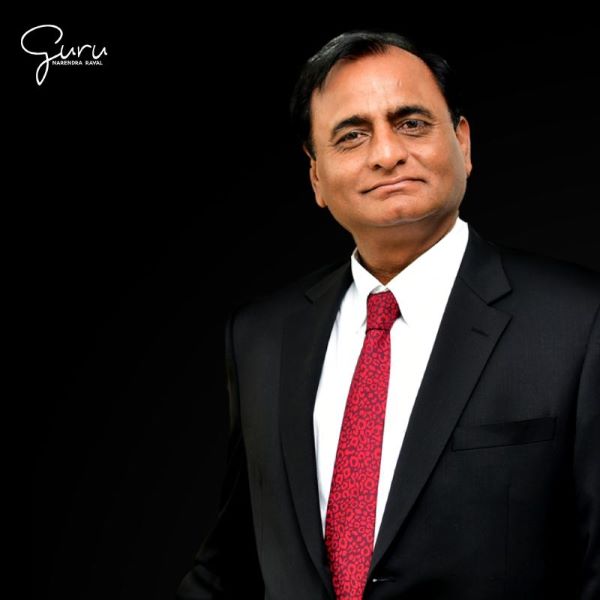
He once said that he only owned one pair of shoes, and only abandoned his old Toyota for a Mercedes-Benz after his family insisted.
“I also get on a boda boda when traffic is a mess. I remove my tie, jump on one, and pay $2,”
Raval revealed in an interview.
While he has shared stories of an ordinary man, meek at heart even with more than enough wealth, critics have noted that his empire has been built on the backs of poorly paid casuals, undercutting competitors and political favours from across all past four presidents.
Ironically, Raval once said that when he was starting, big steel mills at the time used dirty tactics like low pricing to kick him out of business.
Today, Companies under the Devki Group conglomerate include Devki Steel Mills Limited, National Cement Company Limited Uganda, Maisha Mabati Mills Limited, and Northwood Aviation Limited.
Political connections
Since Ruto came to power in 2022 after beating veteran opposition figure Raila Odinga in a hotly contested election, Raval’s footprint has been all over some of the president’s flagship projects.
It started with his appointment to a National Lottery Commission and an alleged Rolls Royce for the president with his details including the company postal address in the import documents.
Last year, he was appointed to head Government Press reforms. Months later, voiced support for Ruto’s first Finance Act that came with a raft of new taxes and levies including the controversial housing levy.
The contested law also had some sections protecting certain industries, especially cement and steel. While a majority of Kenyans think that the billionaire’s love with the country’s ruler has started today, people close to him say he has mastered the art of courting politicians.
He played a central role in bringing together former president Mwai Kibaki and vice president Kalonzo Musyoka after the contested 2007 elections.
During former president Uhuru Kenyatta’s ten-year rule, he bagged multi-billion deals including the auction of the collapsed Athi River Mining cement plant.
Towards the 2022 elections, he fell out with Uhuru’s men, technically locking him out of the tender to take over the struggling sugar miller Mumias which was awarded to Sarbit Rai.
While he rose to prominence through the Kibaki and Uhuru regimes, some observers suggest that powerful figures around ex-president Daniel Moi also carried favours for the billionaire, including the allocation of public land where he set up some of his factories.
His competitors are now crying that the billionaire has used his political connections to build a clinker production capacity in the country and has pushed for higher duty on imports. With that, he has created a near monopoly.
Philanthropy
Like most billionaires in the world, Raval has donated billions to support education and healthcare among other social and economic causes.
In 2017, he pledged to donate at least half of his net worth to causes in education and health, as well as other social programmes, to benefit Kenya’s poor.
“I have decided in my will that I don’t want to go on keeping the money for myself. I will keep 50 percent for my children and the other 50 percent will go to charity in Kenya,”
Raval said in 2017
He supports many orphanages in the country and said he donated all the proceeds from the sale of his autobiography titled Guru.

